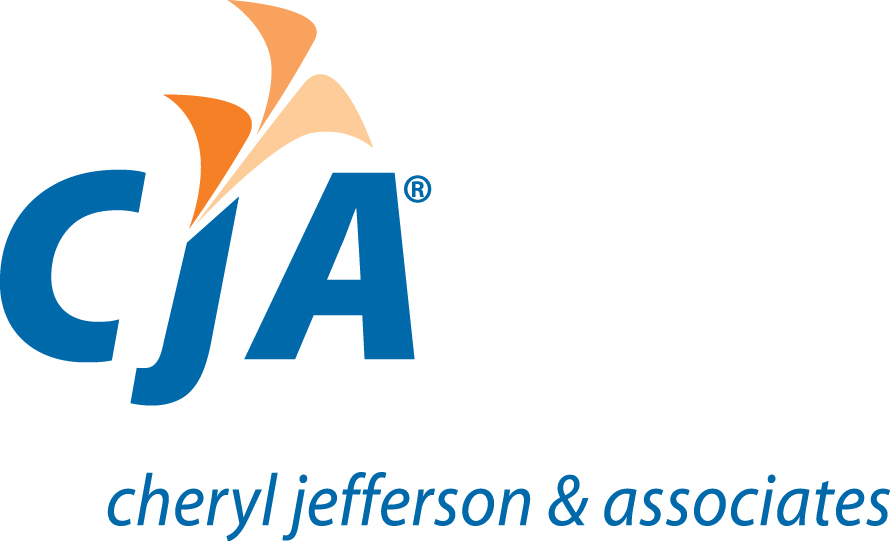Government Contracting Mystery
The world of government contracting is often a mystery for those looking in from the civilian world. Many wonder what DCAA and FAR are. To clear up some of the mystery, here are answers to some common questions.
What Is DCAA and FAR?
A quick history lesson will help to clear this up. Prior to the Office of Federal Procurement Policy Act of 1974, each government agency had its own set of regulations regarding contracts. To create uniformity, the Office of Federal Procurement Policy Act of 1974 gave the Administrator of General Services, the Secretary of Defense, and the Administrator of National Aeronautics and Space the responsibility of creating and maintaining a unified set of regulations for federal contracts. Thus, these three agencies developed Federal Acquisition Regulation (FAR). These are the regulations/rules to which contracts must adhere. The FAR covers types of contracts, the bidding process, contractor accounting methods, and a host of other topics related to being a government contractor.
Then came the problem of how to manage and enforce FAR. As a result, the responsibility to provide audit and financial advisory services to the federal agencies required to follow FAR went to the Defense Contract Audit Agency (DCAA). All government contractors must meet these FAR requirements, otherwise known as being DCAA compliant.
What accounting software programs does DCAA approve?
DCAA does NOT approve or recommend any accounting software programs. Instead DCAA audits a company’s accounting system to make sure it can perform the accounting requirements per FAR. Before purchasing an accounting program or making any changes to an existing one, talk to a government contract accountant. They will be able to provide guidance in what accounting system will work for the company.
Wait, there will be an audit?
Before a new contractor receives an award contract, there is an audit on the accounting system itself. This audit is better known as the preaward survey. The preaward survey is useful in determining whether the accounting system has the capabilities to meet FAR requirements. A contractor must pass the preaward survey prior to being awarded a government contract. This does not mean the accounting method has been audited and approved; it simply means the contractor’s accounting software has the capability of meeting the requirements.
Once a business is under government contract, an audit can happen at any time. It is essential to maintain contact with your government contract accountant. Having a government contract accountant by your side can help prepare and keep the business ready for an audit.
Keeping track of costs sounds complicated. How will I know how to classify costs?
In the civilian accounting world the basic costs are classified as Costs of Goods Sold, overhead, and G&A. FAR builds on this by adding requirements for the treatment of direct costs; adding Internal Research & Development, Bid & Proposal cost classifications, and treating certain types of costs as unallowable. FAR Part 31 Contract Cost Principles and Procedures provides guidance on the treatment of these costs.
For direct costs, the cost must be allowable per FAR 31.202 and must be allocable to a specific job, not just a customer. FAR 31.205 Selected Costs addresses allowable versus unallowable costs. This touches on the basics, but a business should spend some time becoming familiar with FAR. Since civilian costs and government costs can differ vastly, having a government contract accountant will help tremendously in learning how to classify costs.
Hopefully this helps to de-mystify some of the basics of the government contracting world. While there will be a learning curve, the rewards will be worth it in the long run. In any event, the learning curve will be less stressful and more successful with a government contract accountant in the picture.
Contributed by Jamie M. Shryock, CPA

